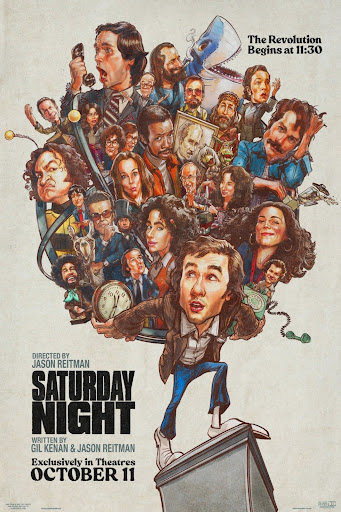
Last September, stories about the 43 missing students in Mexico were everywhere, their faces plastered on the pages of websites and newspapers. People all over the world were bashing on the Mexican government for its blatant corruption — even countries as far away as Australia held protests during the Mexican president’s visit, making it clear he was not welcome in their country.
Coming from strong Mexican roots and thinking of Mexico as my second home, I was appalled and furious with the way the government had shamelessly victimized its people. However, I felt it was too simple and quite hypocritical to blame all of the corruption on the government.
After all, how many people do I know have bribed police officers? How many people have sold their presidential votes? I could write down a never-ending list of those who have easily allowed minors to buy alcohol with their high school IDs or let minors sneak into nightclubs with fake IDs.
Although it is easy to criticize the way in which everyone’s ignorance allowed the country to reach such a low point, there is much more to the corruption than just finding people to point fingers at.
Citizens’ wrongdoing can be narrowed down to one word: necessity.
“Sometimes, we don’t obey the law,” said Edgard Oré-Girón, a Spanish professor who has conducted research on Latin American issues. “Not for the benefit of democracy but for the benefit of business.”
We can easily bribe a Mexican police officer likely because of the many responsibilities and necessities their small income can’t pay off. Based on a report by the Huffington Post in 2011, police officers in Mexico are paid about $350 per month. Needless to say, an officer would make more money by taking bribes from the people they stop daily rather than by waiting for an unfulfilling paycheck.
This kind of necessity can be found within most forms of corruption among the general population. People who sold their votes were worried about their current financial problems, not about the long-term consequences. The cashier at the corner store needed to make more sales to pay off the rent. The security personnel at the nightclub had to assure enough clientele was present to still have a job.
With this in mind, it may appear that the government is at the root of the corruption in Mexico, but in the end, it is still the average Joes who contribute to it.
“In Latin American societies, people accumulate power by accumulating friends,” Oré-Girón said.
So, is it crazy to assume that the friends leading all officials to power are the infamous people forming the mafia? Of course not.
The truth uncovered about the 43 disappeared students was that it was the mayor of Guerrero who ordered the local police to kidnap them, ultimately having them sent off to local drug traffickers Guerreros Unidos. Keep in mind that, once, the mayor had also been an average Joe — no different than a citizen bribing an officer or an employee overlooking the law.
What good does it do to just look for someone to blame if we refuse to make any changes in the way we act?
One thing that would be more useful would be to put our foot down and say that this is where it stops. As Oré-Girón suggested, “the people need to develop a culture of respect.”
Bribery between citizens and officers exists because neither group respects what police uniforms even stand for. It may be that corruption within the country will always be present in some form, but we could stop feeding it if both government officials and the general population began respecting government institutions and human rights.
_______________
Genesis Lara is a freshman studying journalism, Spanish and French. Follow her on Twitter.








